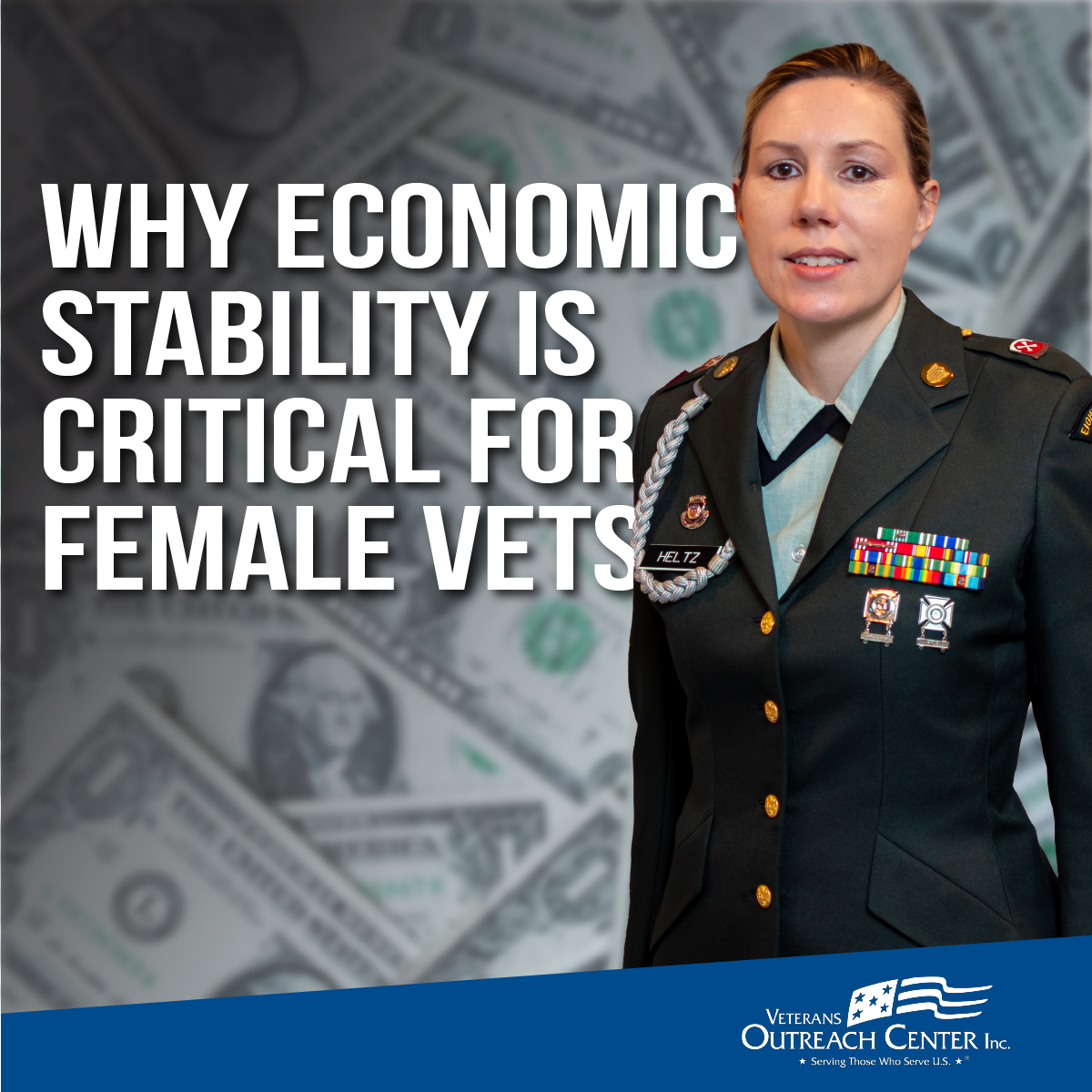For more than a decade, I’ve been working with veterans who struggle with substance abuse. I’ve seen veterans at every stage of recovery – some of whom were able to overcome their addiction; others who relapsed; and, tragically, some who overdosed. In too many of these cases, this all could have been avoided if not for their reliance on prescription opioids. These brave servicemembers stood up for our country and freedoms only to be knocked down by addiction to medication that is supposed to help them manage chronic and post-surgical pain. This is an epidemic that is unfair to the people who served our country.
Read MoreImagine the return of a veteran after years of dedicated service. Their world, initially involving camaraderie and clear directives, has been replaced by the complex civilian world. For some veterans, this transition may be eagerly anticipated, but it can come with unforeseen battles fought on the streets on which they live and in their own minds. These can lead to both economic hardship and/or mental health challenges. For those veterans, the availability of accessible public transportation is a critical, albeit sometimes overlooked, factor that influences both financial stability and psychological well-being.
Read MoreRochester—and the nation as a whole—has come a long way in recognizing and honoring military veterans, especially those from the Vietnam era who still carry the pain of a difficult homecoming. But beyond the welcome home lies a deeper, ongoing challenge—particularly for women veterans transitioning back into civilian life: the fight for economic stability.
Read MoreFor female veterans, the transition to civilian life can be full of unique challenges, and for some, it leads to the devastating reality of homelessness. This isn't a simple issue with easy answers; it's a complex web of trauma, economic hardship, and systemic barriers. To truly understand and address this crisis, we have to look deeper than the surface and recognize the specific struggles faced by women who have served.
Read MoreMany veterans experience repeated exposure to low-level blasts during their military service, both in and out of combat. These exposures can cause subtle damage to the brain and body that may not be immediately apparent and can have lasting health impacts that may not manifest until years later.
Over time, this damage can show up in a variety of ways, impacting veterans' physical health, mental well-being, and overall quality of life.
Read More




